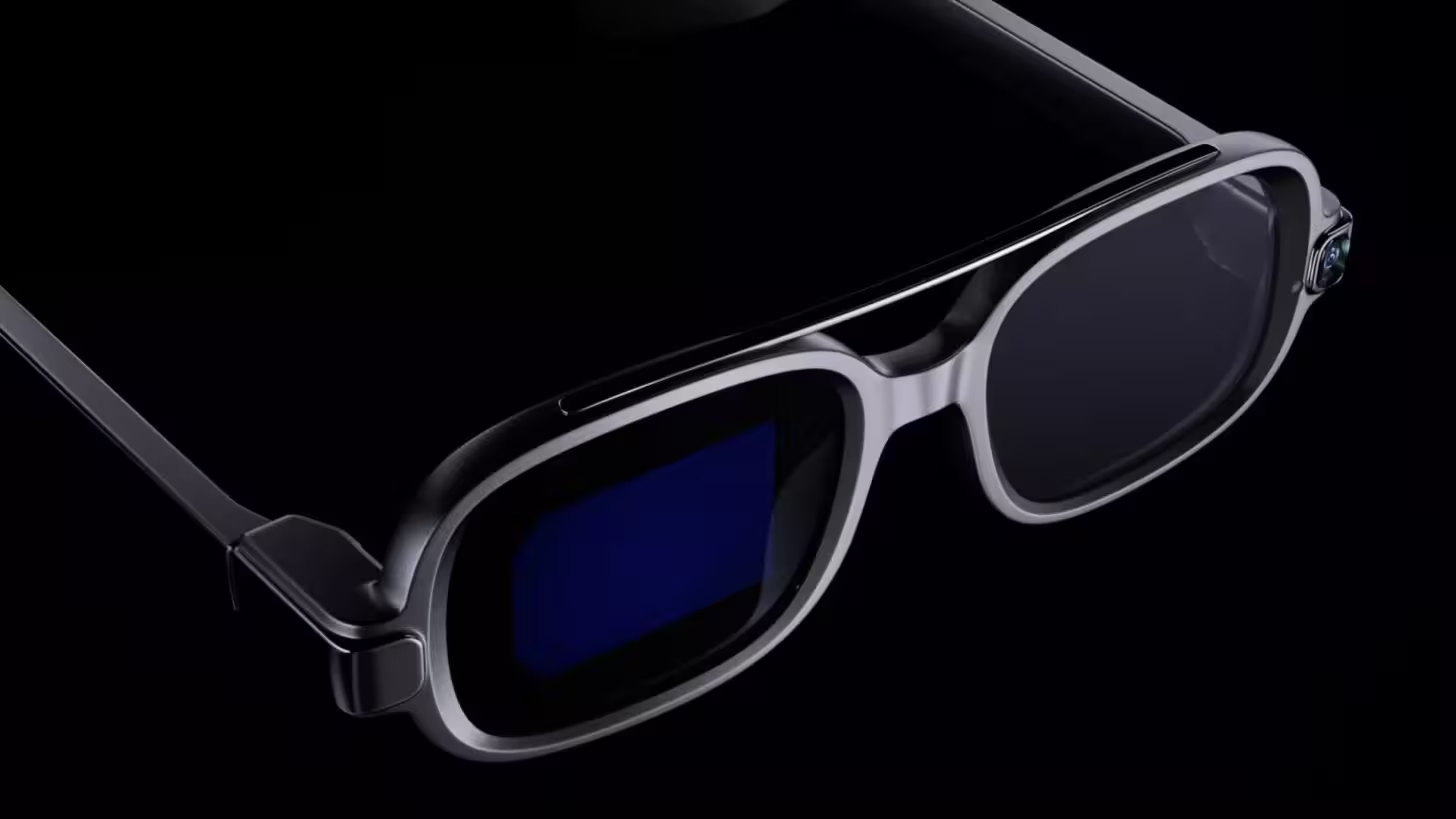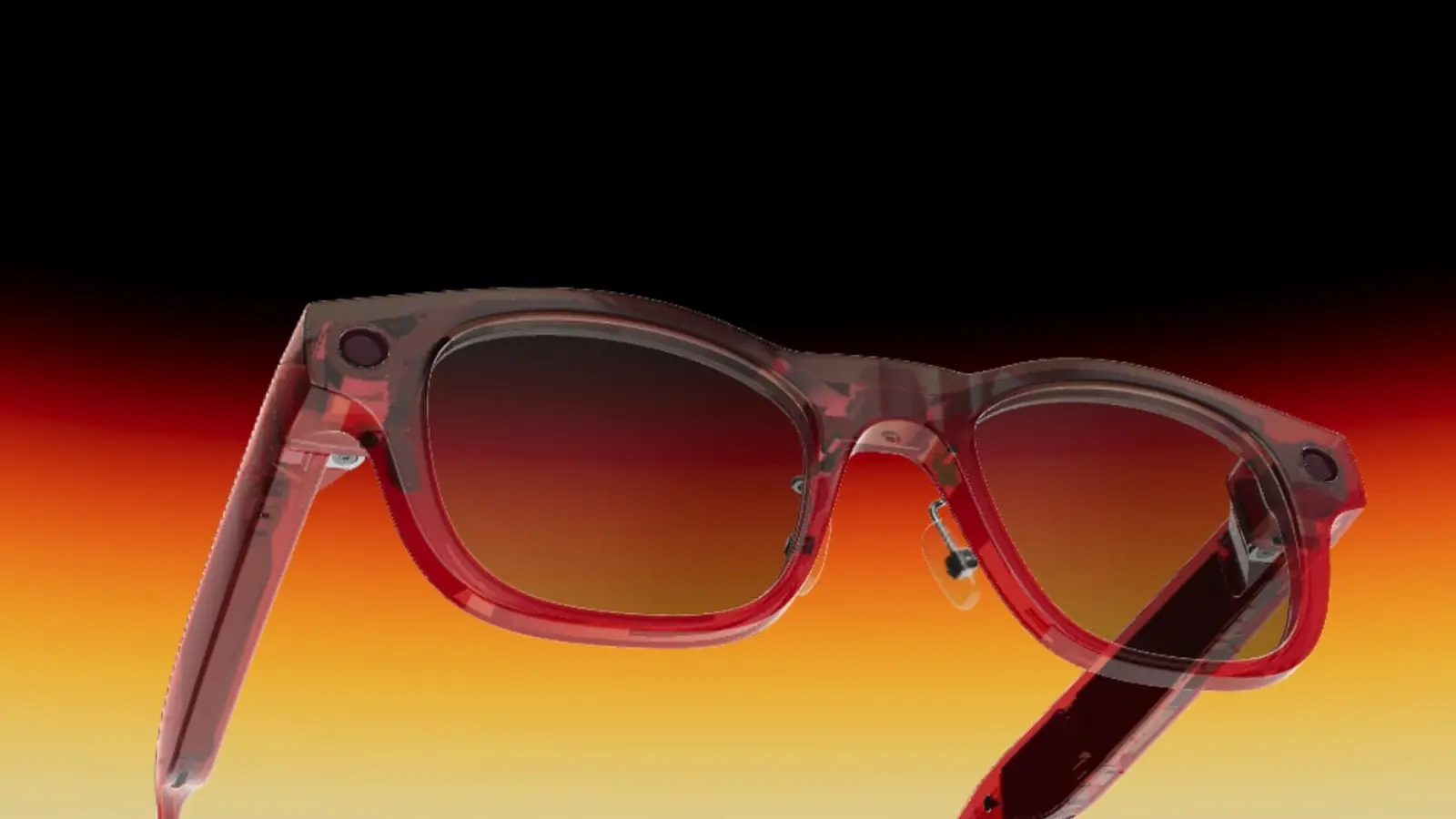3 Minutes
Google's AI glasses: development status and industry timing
According to recent industry reports, Google has finished development of a prototype for its long-rumored AI glasses. While the company has not publicly confirmed a launch date, sources indicate the research and development phase is complete and the supply chain is in place — leaving only an internal go/no-go decision before the product moves toward commercialization. If Google proceeds, the smart spectacles could arrive by year-end, potentially shaking up a market currently dominated by Meta.
Manufacturing partners and hardware pedigree
Reporters name Quanta as the team behind the prototype design and HTC as the contract manufacturer. HTC’s experience building the VIVE Eagle — an AR headset that shipped with an integrated Chinese LLM — is cited as a key reason it was tapped. That combination suggests Google’s device could blend polished industrial design with embedded AI, on-device language models, and a mature production pipeline.
Product features we can expect
- Android XR integration for seamless transfer of smartphone UX and app ecosystems.
- On-device AI capabilities — potentially a local LLM for faster, privacy-friendly interactions.
- AR optics and sensors for contextual overlays, navigation, and productivity tools.
- Battery and thermal management tuned for continuous AI tasks; potential trade-offs with high refresh rates (seen in other Pixel device choices).

Comparisons and advantages vs. current market leaders
Meta’s Ray-Ban Meta models have driven smart glasses growth to date, but Counterpoint Research reports global smart glasses shipments surged 110% year-over-year in H1 2025, with AI-capable units representing 78% of shipments. Meta held roughly 73% market share in H1 2025, leaving room for entrants with strong platform advantages. Google’s strength is Android XR — bringing app compatibility, consistent UX, and broad developer familiarity. That could reduce friction for users switching from Android phones to head-mounted wearables.
Use cases and market relevance
AI smart glasses target productivity (hands-free access to information), navigation and AR-guided workflows, real-time translation, and contextual assistant features for fieldwork and consumer experiences. For enterprises, on-device AI and secure data handling could unlock adoption in logistics, healthcare, and manufacturing.
When will Google launch?
Even with Quanta and HTC lined up and supply chains standing by, Google’s public launch timeline remains undecided. If approved, the company’s entry could accelerate innovation across AR, wearable AI, and Android XR ecosystems — and pressure incumbent players to iterate faster.
Source: wccftech


Leave a Comment